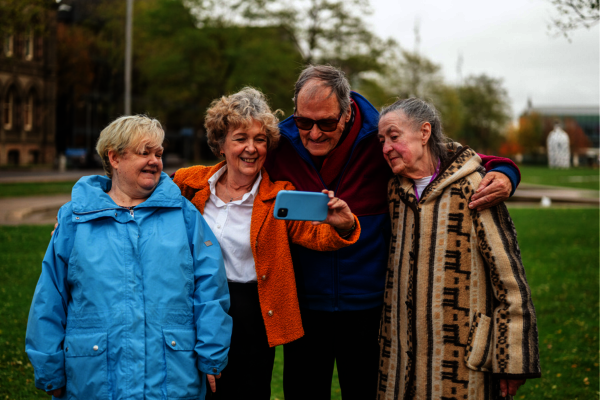We must go beyond evidence-based research and support older people who are leading and mobilising others in their community, as well as people with lived experience of ageing, to help make communities age friendly.
Workshops, peer-to-peer learning schemes and information-sharing platforms could transform older people’s role in their future and offer new solutions for the next generation. In the words of one person I interviewed: "We need to build stronger older people’s organisations and a broader older people’s movement."
Currently there are few opportunities to develop leadership or civic skills or to participate in peer-to-peer learning. Each borough has a separate local plan and it is difficult to understand the rights and obligations of the different players and monitor progress. Even London-wide data is difficult to find.
There is no comprehensive mapping of older people’s organisations in London or a knowledge bank where organisations can find out what has already been learnt. Understanding of the information flows between agencies at local, borough and city level is limited.
More and more organisations - working in mental health, environment, arts, heritage and finance - as well as in health and care - are developing programmes to engage older people but concern that there is no co-ordination or central platform for sharing information.



